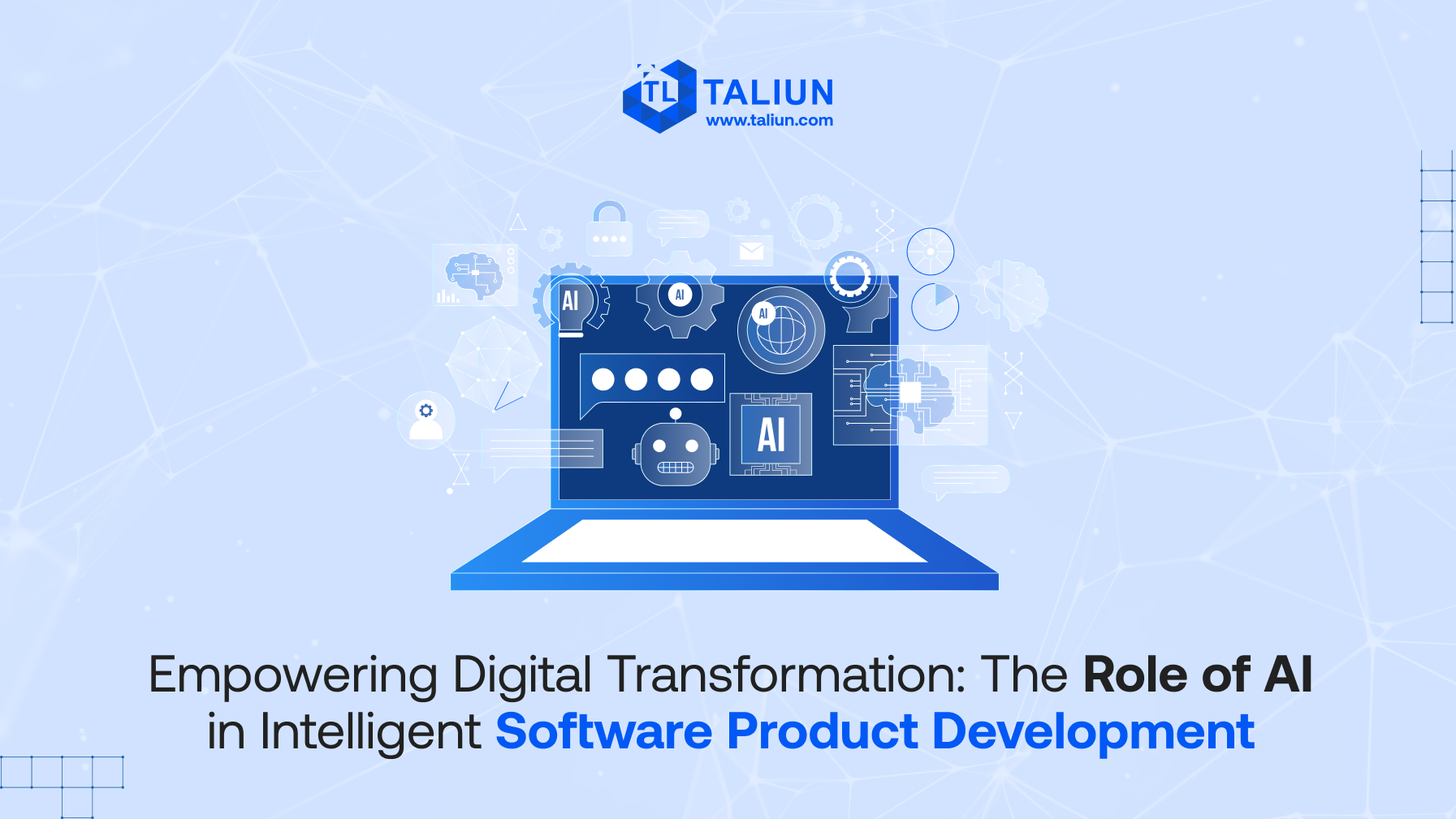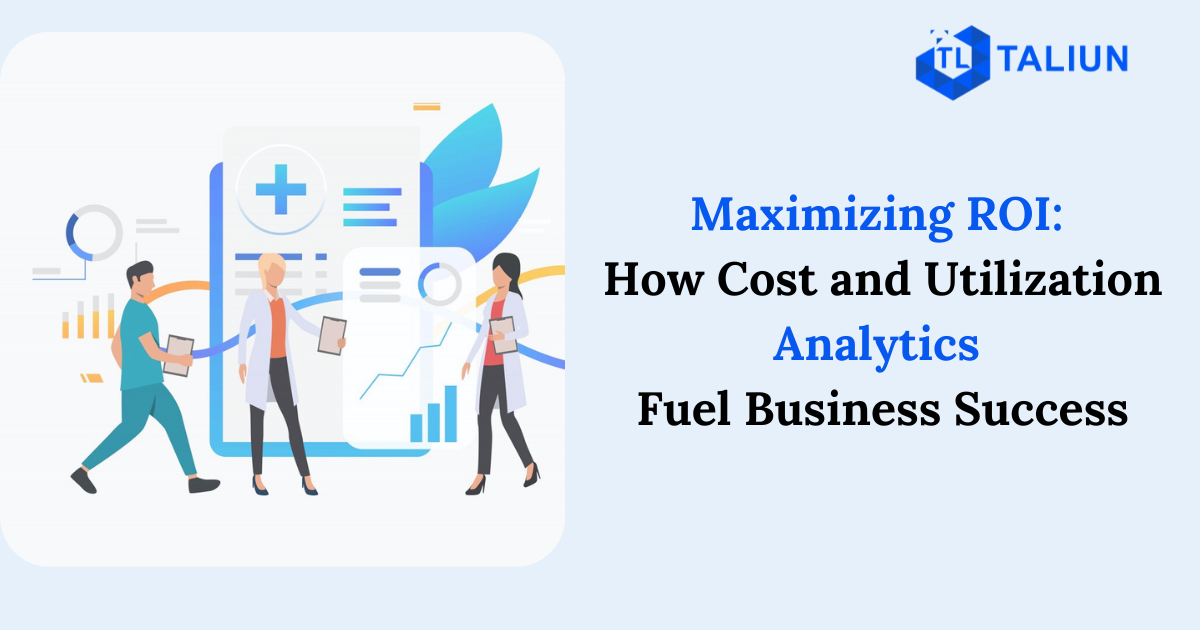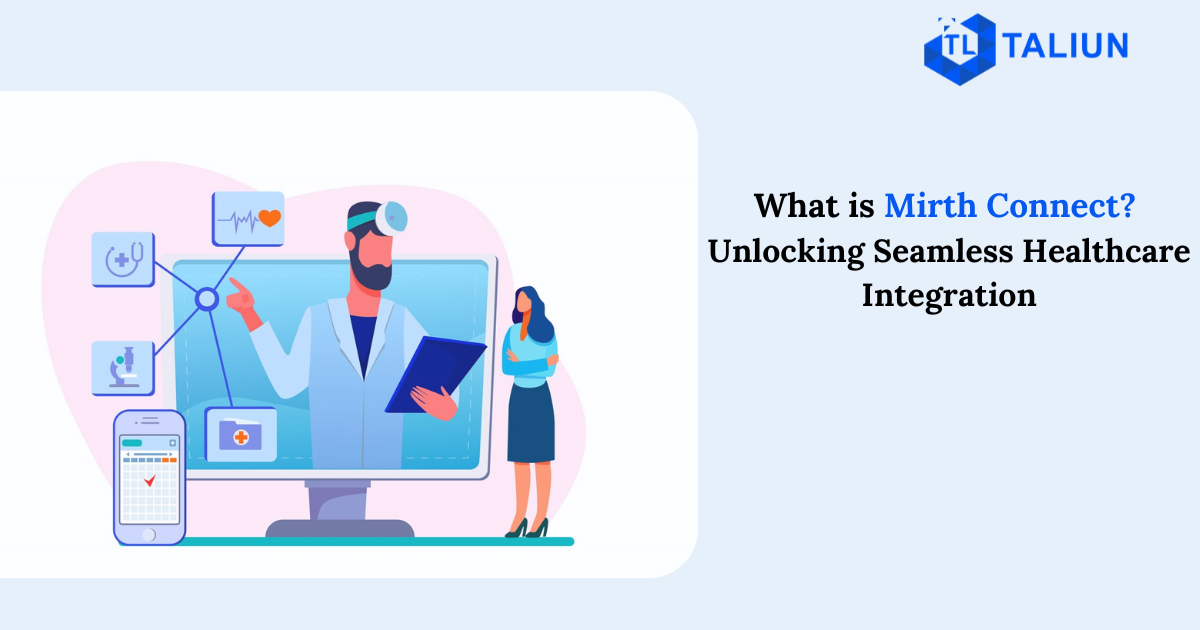Empowering Digital Transformation: The Role of AI in Intelligent Software Product Development

Digital transformation is reshaping industries at an unprecedented pace, fundamentally altering how businesses operate, engage with customers, and bring products to market. A key driver of this transformative wave is the integration of Artificial Intelligence (AI) into software product development. This synergy not only accelerates the development process but also significantly enhances the capabilities, efficiency, and user experience of the resulting products. This blog explores how leveraging AI in software product development constitutes a vital component of digital transformation, offering insights into its benefits, strategies, and real-world applications.
The AI Revolution in Product Development
AI's role in digital transformation is multifaceted, impacting everything from operational processes to customer interaction. In the realm of software product development, AI is revolutionizing traditional methodologies, enabling the creation of intelligent products that are adaptive, predictive, and highly personalized. These products can analyze data in real-time, learn from user interactions, and make decisions or recommendations, thus providing a level of sophistication and utility that was previously unattainable.
Enhancing Efficiency and Innovation
One of the most significant advantages of incorporating AI into software product development is the dramatic increase in efficiency. AI algorithms can automate routine and complex tasks, from code generation to testing, reducing development time and freeing human developers to focus on more strategic aspects of product creation. Furthermore, AI can analyze vast amounts of data to identify trends, user preferences, and market gaps, guiding developers toward more innovative and user-centric product features.
Personalization and User Experience
AI-driven personalization is transforming the user experience, making software products more intuitive and responsive to individual user needs. By leveraging machine learning and data analytics, AI can tailor content, recommendations, and functionalities to match the user's preferences, behavior, and context. This level of personalization not only enhances user engagement and satisfaction but also fosters brand loyalty and differentiation in competitive markets.
Predictive Analytics and Decision Making
Predictive analytics is another area where AI contributes significantly to software product development. By analyzing historical data and identifying patterns, AI can forecast future trends, user behaviors, and potential system issues. This predictive capability enables businesses to make informed decisions, anticipate market changes, and proactively address product maintenance and updates, ensuring optimal performance and relevance.
Real-world Applications
The application of AI in software product development spans various industries, demonstrating its versatility and impact. In healthcare, AI-driven applications can analyze patient data to predict health risks and recommend personalized treatment plans. In retail, AI can optimize inventory management, predict consumer buying patterns, and personalize shopping experiences. In finance, AI algorithms can detect fraudulent transactions and offer customized financial advice. These examples underscore AI's potential to not only streamline development processes but also to create products that address specific industry challenges and enhance customer value.
Strategies for Leveraging AI in Product Development
Successfully integrating AI into software product development requires a strategic approach. Businesses should start by identifying areas where AI can deliver the most value, whether in automating tasks, enhancing product features, or improving decision-making. Building a skilled team that understands both AI technologies and the specific domain is crucial. Investing in the right tools and platforms that facilitate AI integration and ensuring data quality and accessibility are also key factors. Furthermore, adopting an agile development methodology can help businesses iterate quickly based on AI insights and user feedback, ensuring that the product remains relevant and competitive.
Ethical Considerations and Future Outlook
As AI becomes increasingly integral to software product development, ethical considerations, including privacy, data security, and bias, come to the forefront. Businesses must address these issues head-on, implementing robust data governance policies and ensuring AI algorithms are transparent, fair, and accountable.
Looking ahead, the role of AI in digital transformation and software product development is set to grow even more significant. Advances in AI technologies, such as natural language processing, computer vision, and deep learning, will continue to expand the possibilities for intelligent products, driving further innovation and competitive advantage. Businesses that embrace AI in their development processes will not only streamline their operations but also create more value for their customers, setting the stage for sustained success in the digital age.
In conclusion, the integration of AI into software product development is a cornerstone of digital transformation, enabling businesses to innovate faster, improve efficiency, and deliver personalized, intelligent products. As AI technologies evolve, their potential to transform product development and drive business growth will only increase, making AI adoption not just a strategic advantage but a necessity for success in the digital future.




